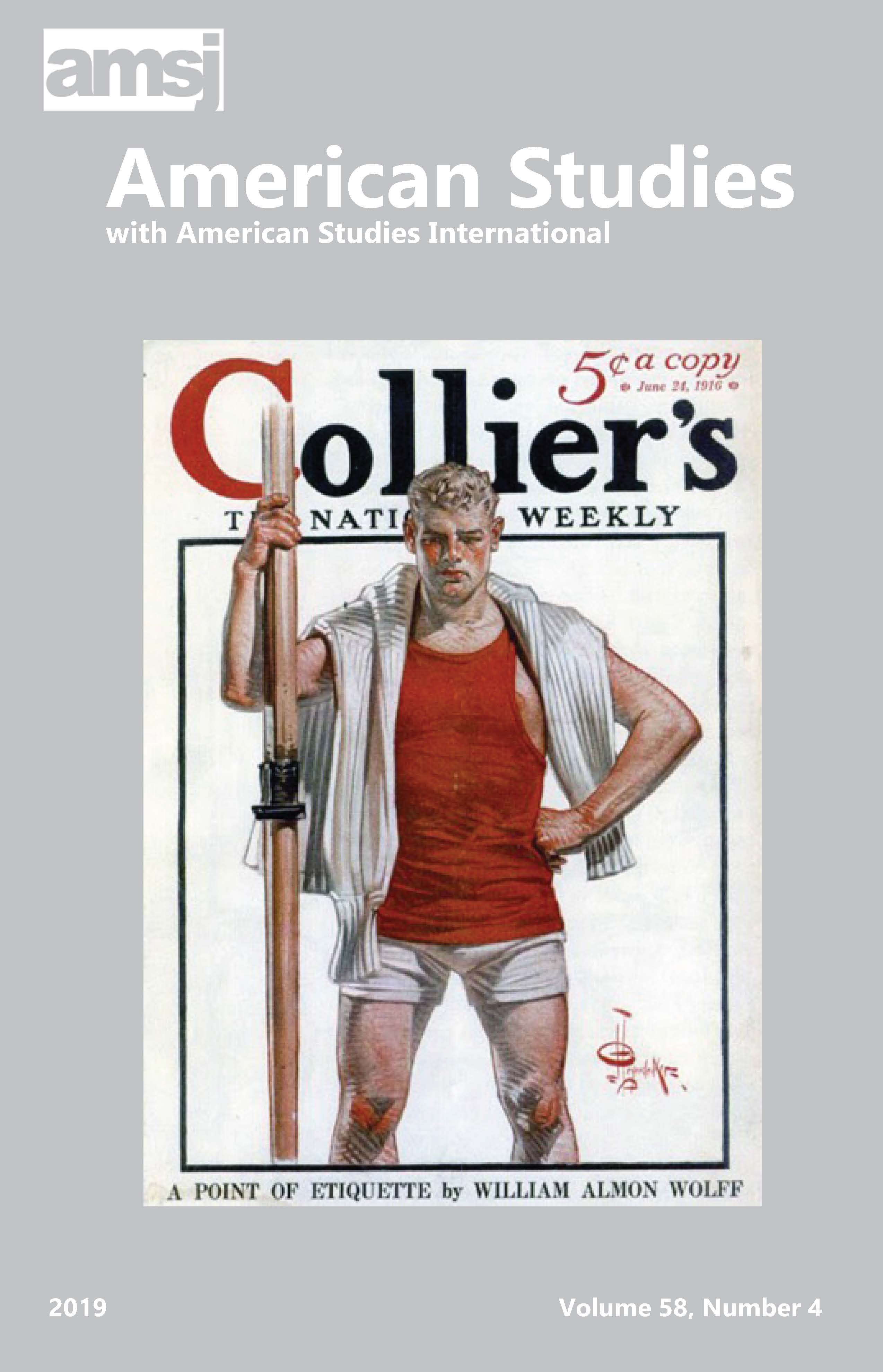Abstract
Carl Schurz, well known in U.S. history as a statesman and anti-imperialist, has been entirely overlooked in the work of W.E.B. Du Bois. Du Bois strategically employs Schurz in both his 1910 article “Reconstruction and its Benefits” and his 1935 masterpiece Black Reconstruction in America. This essay argues that Du Bois used Schurz as an exemplar white liberal figure—who had been misconstrued as a radical in the historical record and in the popular discourse around Reconstruction—in order to stake a black radical claim in the far left space previously occupied by liberalism. By using Schurz as a touchstone for dispassion in what Du Bois called a “field devastated by passion and disbelief,” I argue that Du Bois makes the production of prejudice and racism in historiography visible thereby shifting the historical record on Reconstruction away from the hands of antiblack historians and carving out a space for black voices, experiences, and radical scholarship in the Reconstruction archive.
All items © Mid-America American Studies Association
Authors: If you prefer to remove your text(s) from this database please contact the editor.

